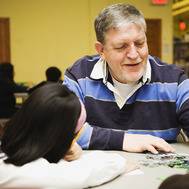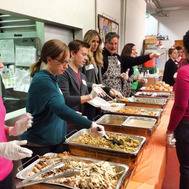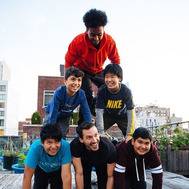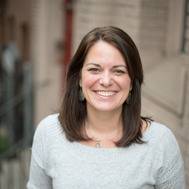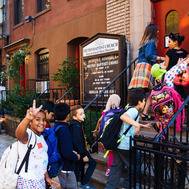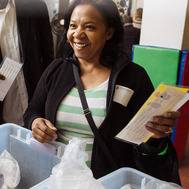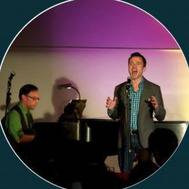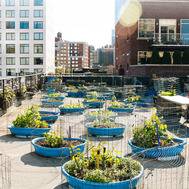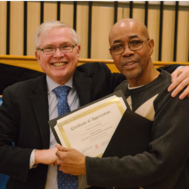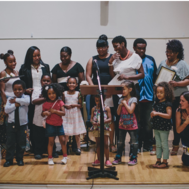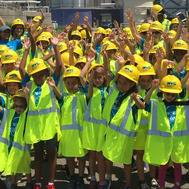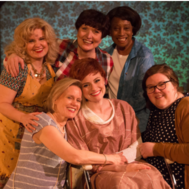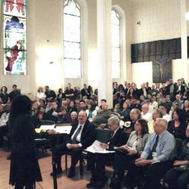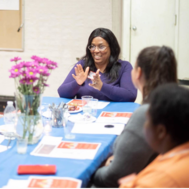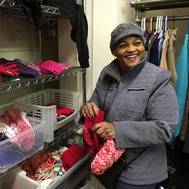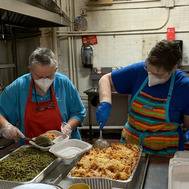In 1886, Walter Rauschenbusch came to New York City to pastor the Second German Baptist Church, located on 45th and 9th Avenue, just a few blocks from where RMM operates today. The area was already known as "Hell’s Kitchen" and was described by the New York Times as “one of the most miserable and crime-polluted neighborhoods in this City…there is more disease, crime, squalor, and vice to the square inch" than anywhere else in New York.
As Rauschenbusch pastored his church, his eyes were opened to how society viewed the human beings in his neighborhood as expendable material, toiling in factories in the service of great profit for the very few. He saw how families suffered because of low wages, no insurance, and a lack of education, decent housing, and basic healthcare. Most difficult were the funerals he had to perform for the youngest: “The tiny boxes. They gripped my heart—why did the children have to die?” he later wrote. Rauschenbusch is regarded as a leader of the early 20th century movement that viewed the role of the church as one that would bring healing and justice to the world here and now, not some future time and in some heavenly realm.
In 1984, a small congregation by the name of Metro Baptist Church sought after a new building in which to workshop and organize the community ministries that had become central to the church's identity. They found a home at 410 W 40th Street, in the middle of Hell’s Kitchen. Metro's congregation relocated with a strong conviction that this was where they were called to be a church. The day the building purchase was finalized, Pastor Gene Bolin stood across the street and prayed, “Lord, don’t give us this building if we can’t put it to use for people who need it 24/7.” In the spirit of Pastor Bolin's prayer, a growing social ministry program developed, providing food, clothing, and educational services to the community.
In 1995, recognizing the widening set of community needs in Hell's
Kitchen and envisioning the broader scale of impact a non-religious organization
could have, members from Metro Baptist Church formally incorporated a new
secular 501(c)3 not-for-profit organization and named it Rauschenbusch Metro
Ministries, in homage to Walter Rauschenbusch—whose vision for social reform
and meeting the basic needs of the most vulnerable became paramount in RMM's
mission.



